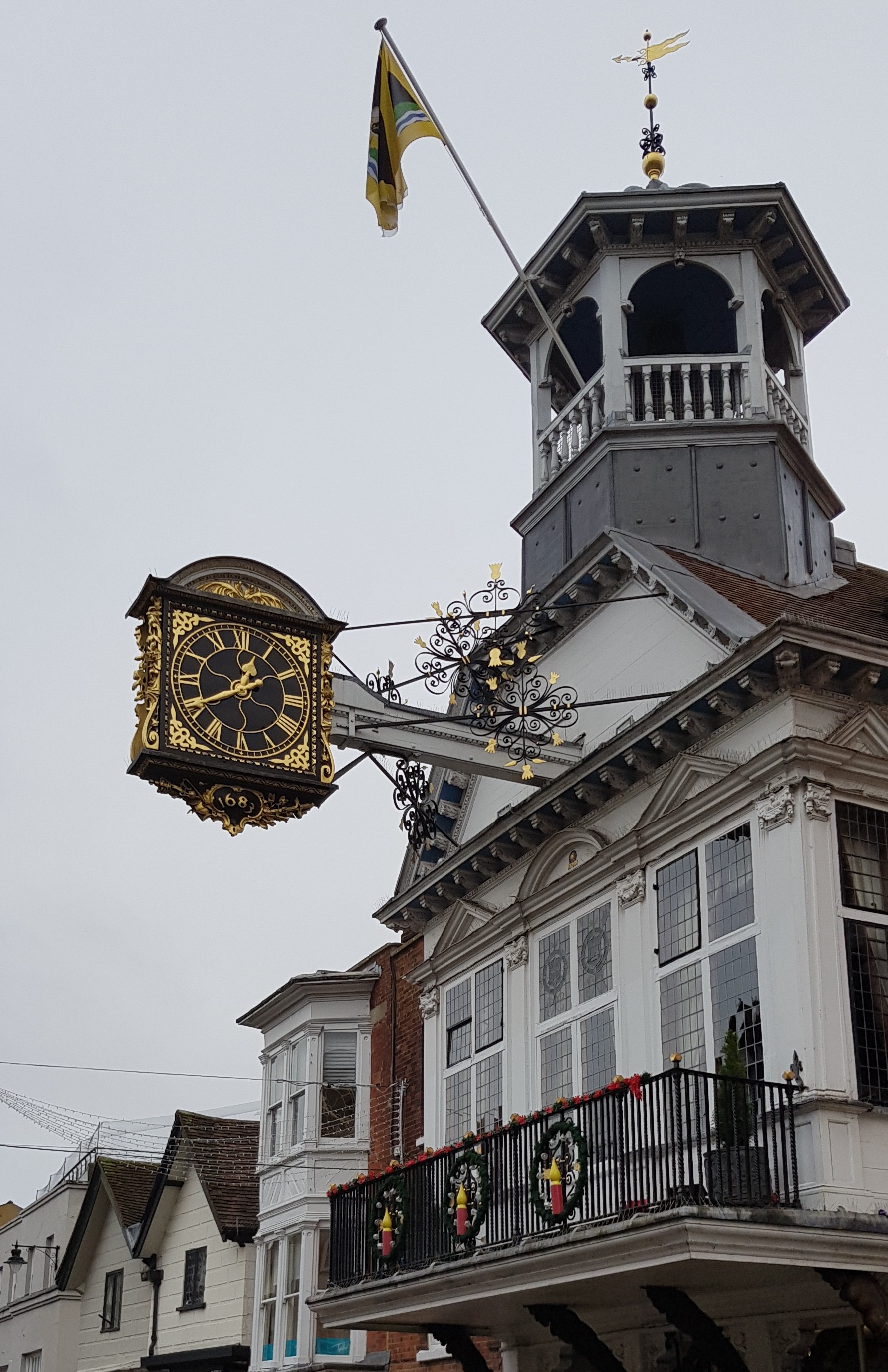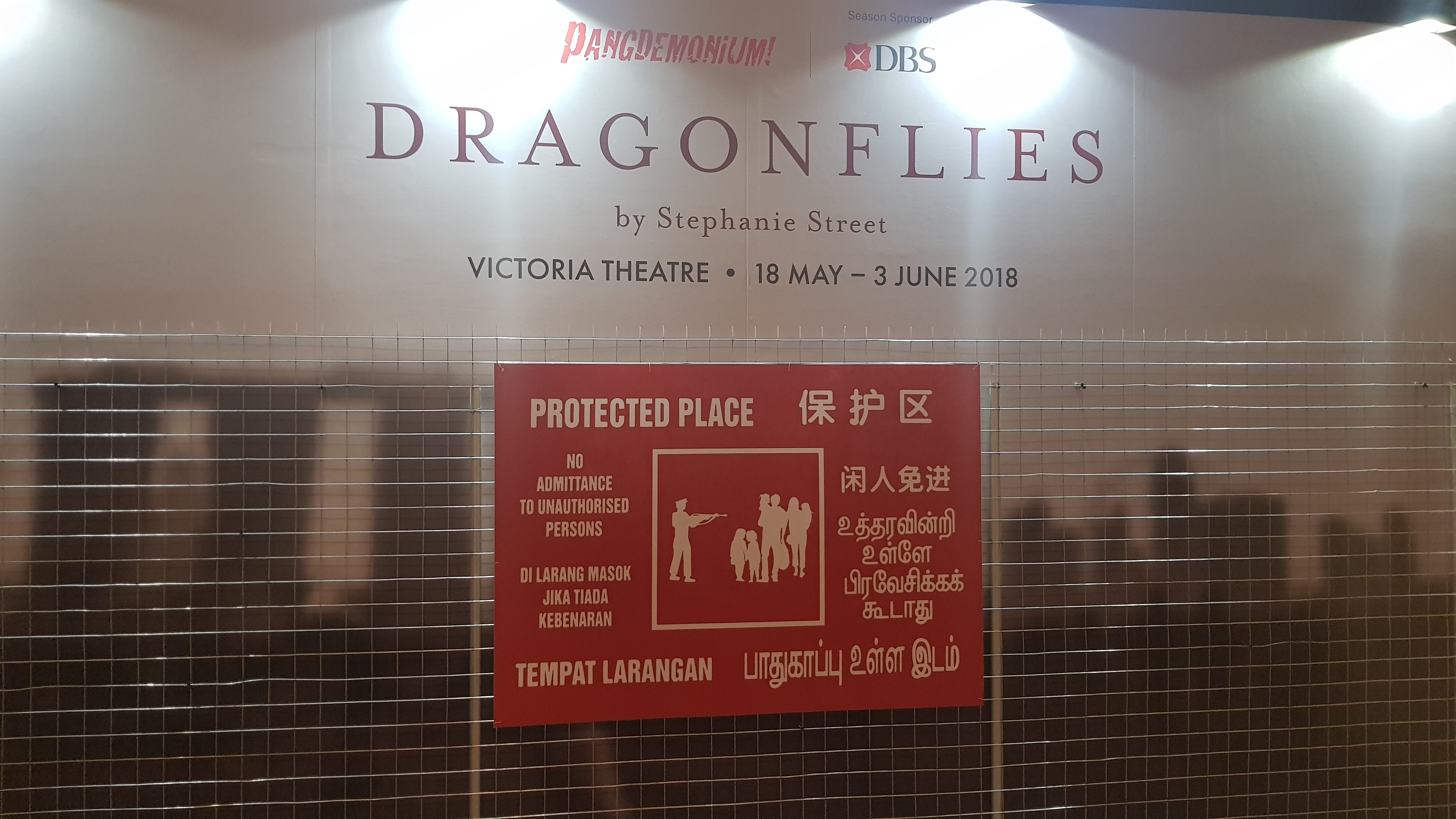Imagine being told politely that you are not offered a job because the work location was secluded, dark and hence dangerous for you. That was what Cassandra Chiu was told in one of her job interviews. Darkness was however an irrelevant consideration for her. She is blind and makes her way around with a seeing guide dog. And dogs have better vision in darkness than human beings, so taken as a package of dog plus human, Cassandra would have more than qualified – seclusion, darkness and safety all considered.
This was one of the many experiences that Cassandra recounted to a group of senior executives in Microsoft Asia on a Friday afternoon, in a session I helped put together to advance our journey to empower every person on the planet to achieve more. We were humbled and honoured to have had the privilege to spend an hour with this gentle and resolute advocate of equal opportunities for people with disabilities.
It was a deeply uncomfortable but needed discussion that turned the spotlight on the privilege of the sighted (and more broadly, those without impairments). In a number of the encounters that was shared, one had to wonder who were the ones who are truly blind – people with visual impairments or people without (visual) impairments.
I will be using the term impairment rather than disability in my writing below. It’s not because I am diminishing the need for us to look at disability, but for this piece today, I would like us to consider the broader frame around accessibility, which would include those with impairments that are temporary (e.g. due to an accident) or age-related (e.g. age-degenerative conditions like cataracts and elderly mobility) that would be excluded when we think about disability.
As mobile phones become a more and more indispensable part of our lives, it is both a bane and a boon for People with Impairments. In some cases, apps such as Seeing AI or voice translation tools have given independence back to People with Impairments. On the flip side, so many people are today walking around with their eyes and ears plugged into their devices. The focus (or distraction) on mobile devices making us increasingly oblivious to our surroundings and those who might need a little support. Coupled with an increasingly faster pace of life where everyone is in a constant hurry, People with Impairments have become increasingly invisible navigating a challenging minefield of phone zombies.
I remember a slower and kinder time as a young student in junior college without a handphone, how I noticed a person with a white cane walking in the same direction as me as I was heading home from school. We were on an overhead bridge crossing the road. At the end of the bridge, we would have parted ways as I turn left to head home and he turn right to go to the bus stop. I paused then and did a u-turn and walked by his side and asked if he needed any help. He welcomed it and ask for my help to look out for a particular bus number and flag it down for him. Over time, we settled into a familiar and comfortable routine – whenever our paths crossed in the afternoons, I would be there, waiting by his side till the bus came.
I wonder to myself, how many have I missed now, when I am rushing about my busy life, eyes glues to the phone.
Cassandra also spoke about how the Covid-19 social distancing measures in Singapore have further unleveled the playing field for People with Impairments. With the need for temperature screening and people tracking, entries and exits to many public buildings have been streamlined and reduced to enable centralized screening facilities and personnel. People with impairments who used to be able to independently navigate these buildings suddenly had their independence frustrated. If it was already frustrating for those of us without impairments to figure out the new routes (and there were many complaints), imagine what it must be like for those with an added consideration of visual or mobility impairment.
I felt guilty, remembering the number of times I gritted my teeth looking for the new entrances/exits and entirely forgetting to consider if someone else would be able to get to these entrances and exits and how I should be intervening to provide feedback.
I used the word bigotry in the title of this blog piece. It is a very strong word. Bigotry means “an obstinate or unreasonable attachment to a belief, opinion, or faction; in particular, prejudice against a person or people on the basis of their membership of a particular group”. Some might ask if I should have been more forgiving of the privileged majority (which includes myself) by casting our behaviours of exclusion as Unconscious Bias. Perhaps. But it’s 2020. The human race has made so many advancements in many fields. Technology holds so much promise of empowerment and enablement. Yet, People with Impairments are more invisible than ever. I refuse to believe that this is because people are unconscious, when you consider that 10% to 15% of all people have a disability (and likely more would have an impairment as that is broader). To not see this 10% to 15% of people amongst us belies an almost cavalier attitude, a denial of an uncomfortable truth and/or a laziness to engage across our privileges and differences.
We start today to address that bigotry by refusing to be lazy, by becoming willfully aware. How? I would suggest we start by considering if our social circle includes this group of people. Perhaps they are already there, impairment silent and unknown, close to us but never truly known. And it’s not something we ask directly for there would be a reason why they have never said anything. We start by putting our phones down, slowing down and looking at people, not with eyes that are blinded but with our hearts open to empathy.

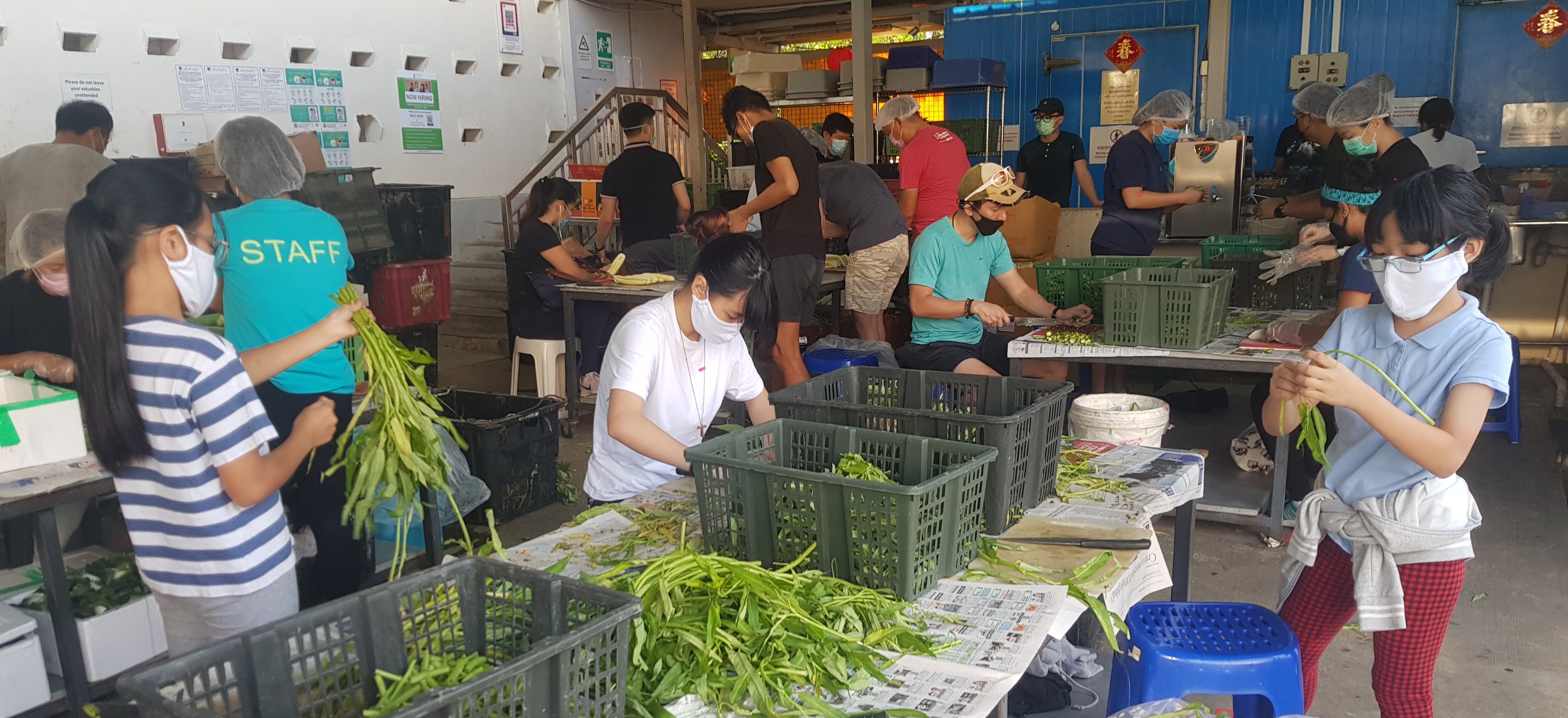

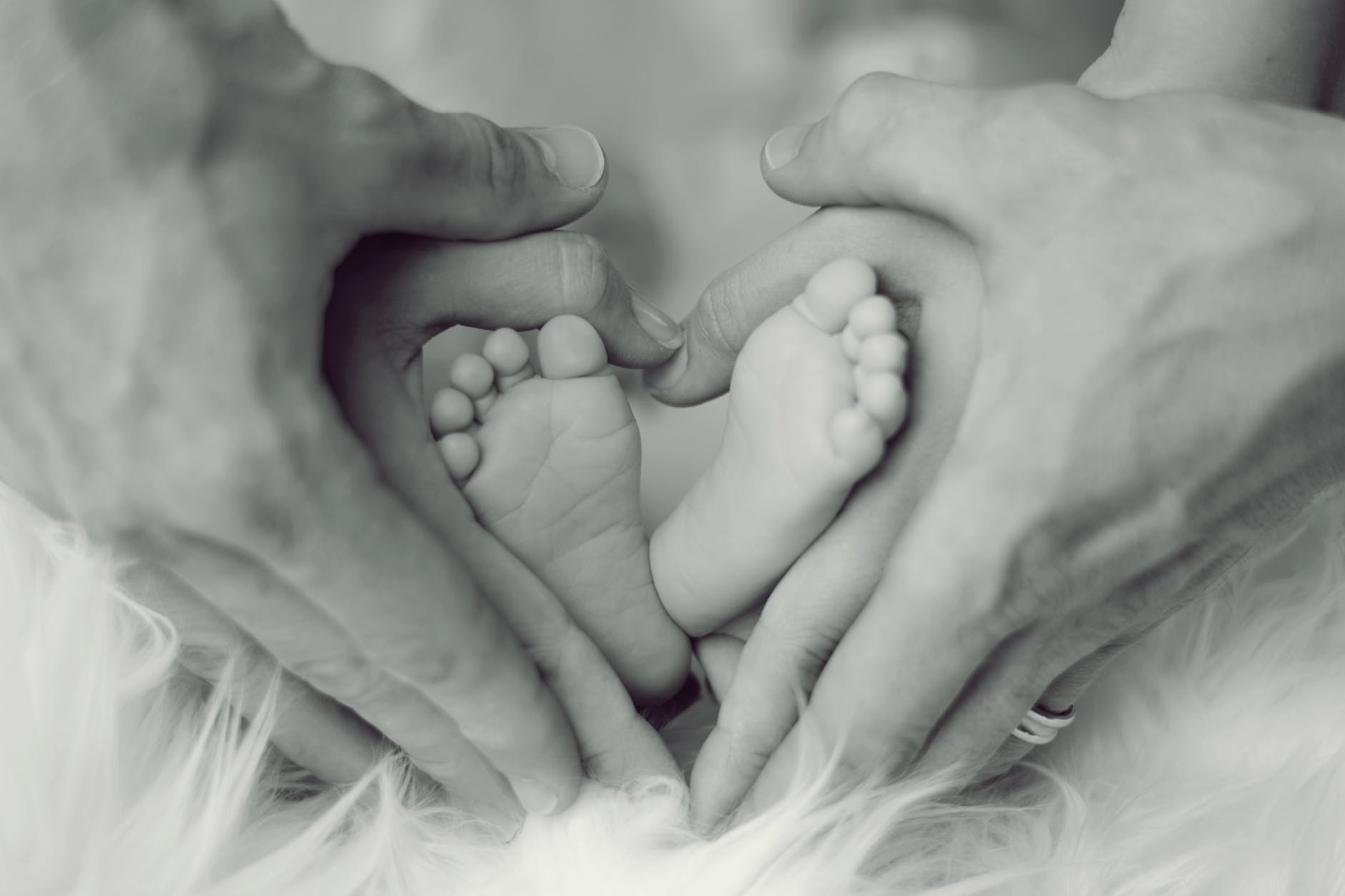
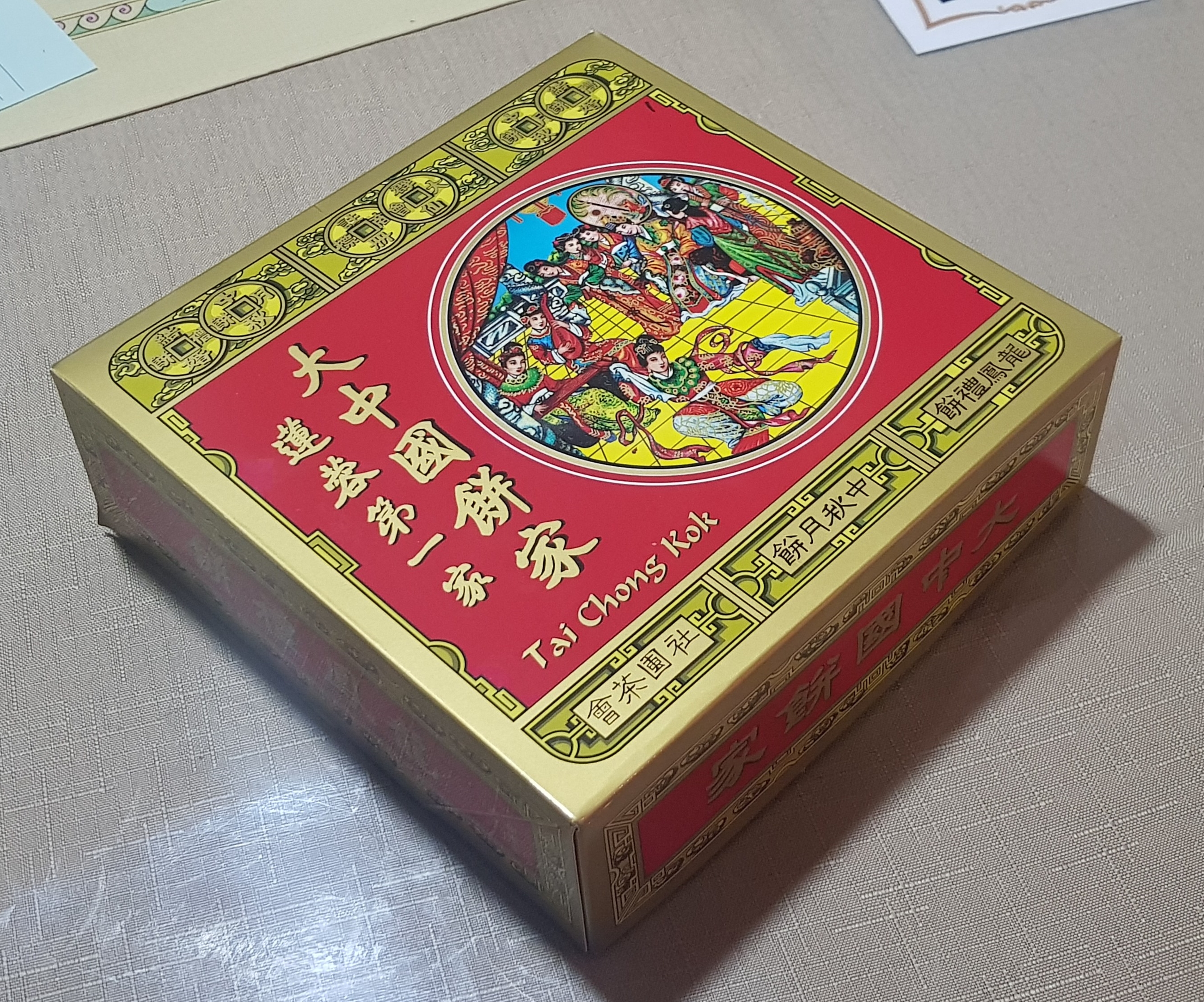 notwithstanding. And so I bought a simple box of mooncakes from an old traditional bakery. And it tasted great, after all, it has been around since I was a little kid and is holding its own against all the new-fangled flavours from the competition which must say something about how good it tasted. And the best part? The feeling that I was not overindulging at the expense of the earth was better than the mooncake itself.
notwithstanding. And so I bought a simple box of mooncakes from an old traditional bakery. And it tasted great, after all, it has been around since I was a little kid and is holding its own against all the new-fangled flavours from the competition which must say something about how good it tasted. And the best part? The feeling that I was not overindulging at the expense of the earth was better than the mooncake itself.
